Here’s How to Prevent & Thaw Frozen Pipes in Your Home

The mere mention of frozen pipes can give a homeowner goosebumps. When water turns into ice, pipes can expand and rupture with devastating results. This can include severe water damage to walls, floors, and furnishings, higher insurance premiums, and reduced property value. This chilling scenario is often caused by inadequate pipe insulation or undetected plumbing leaks. Prevention is much easier and less costly than cleanup. Whether you’re planning a winter vacation or simply eager to take precautions, this guide will tell you how to avoid frozen pipes.
How to Prevent Pipes from Freezing Inside
Homes with outdated, leaky plumbing and poor heating and insulation are most vulnerable to frozen water pipes. Begin by inspecting your plumbing, starting with the main water supply valve, often located in the basement or crawlspace near the foundation. Check for signs of leaks, drips or pooling water, and check all the pipe connections are tight. Before replacing any parts determine whether your pipes and fittings are lead, copper, thermoplastic (PVC or CPVC), or PEX (flexible polyethylene).
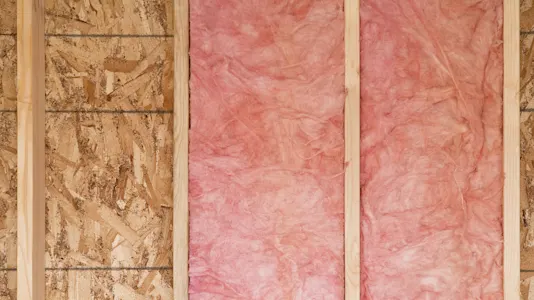
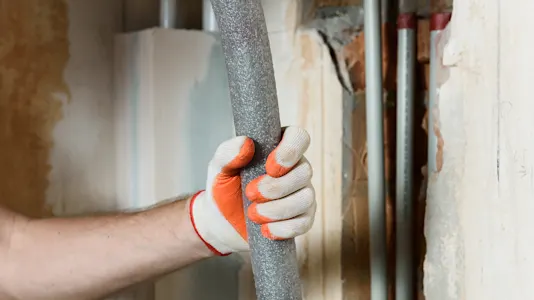
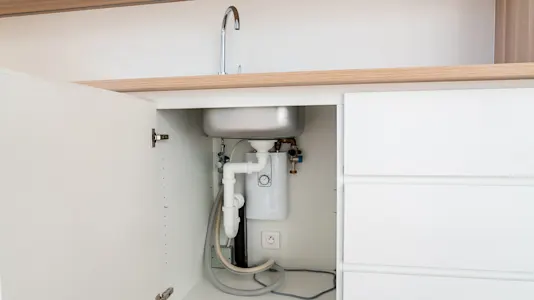
How to Thaw Frozen Pipes
If you think you have a frozen water pipe, do the following:
Identify the exact location by running each faucet until you confirm which one is blocked and trace the pipe back to the frozen area
Turn off the main water shut-off valve
Open all faucets and flush the toilets to drain water from the system
Place a bucket or basin under the frozen pipe to catch water as the pipe thaws
Apply heat to the frozen pipe with a hair dryer or by wrapping it with hot towels
Use a space heater near the pipe if direct contact isn’t possible
Once the ice is thawed, turn on the main water valve partway and check for leaks in the pipe
Call a plumber at any stage of the process if you’re unsure what to do or need an urgent repair
Preventing Frozen Pipes Outside
Outdoor hose connections, garden water features, irrigation systems, and swimming pools are exposed to freezing temperatures for prolonged periods during winter. Take precautions to avoid damage and expensive repairs.
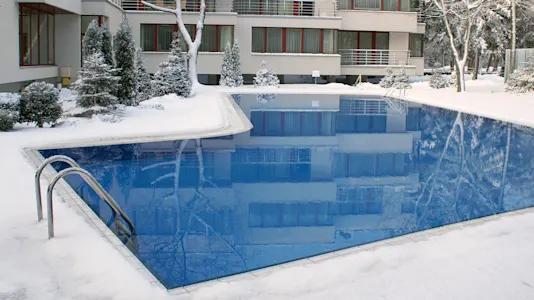
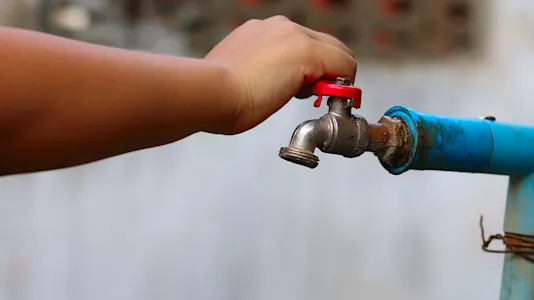
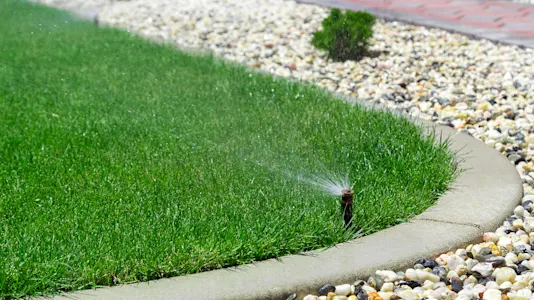
Older homes are more likely to experience frozen or burst pipes. However, it’s still a very real danger in newer homes subject to sub-zero temperatures and frequent freeze/thaw cycles. Affordable pipe insulation can save you a small fortune and provide peace of mind. Remember too, if you’re jetting off to a winter retreat, don’t leave the water on unless you know someone is checking in.